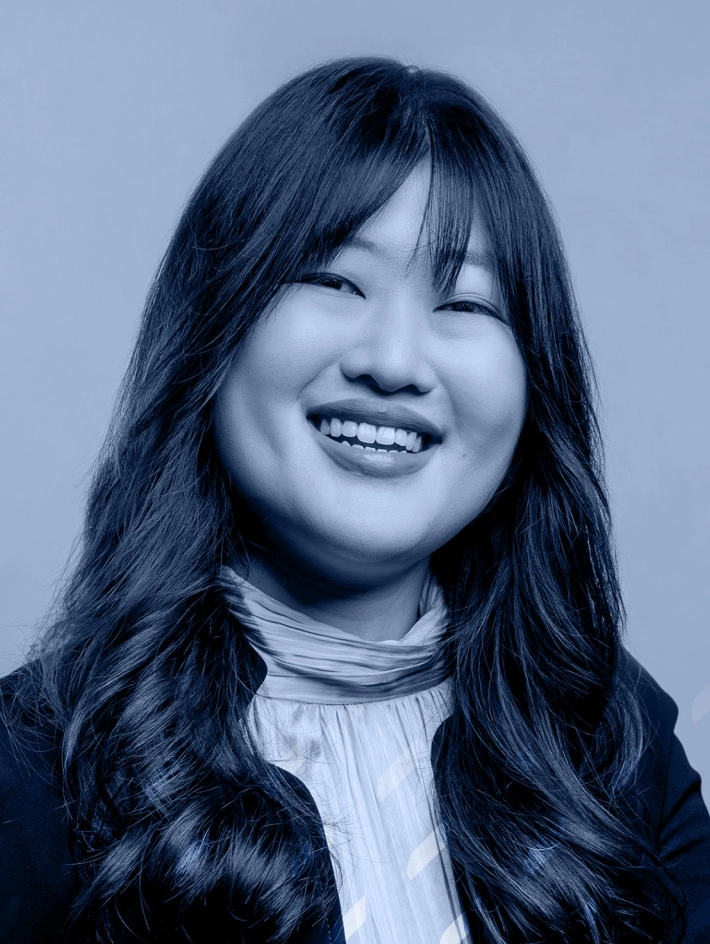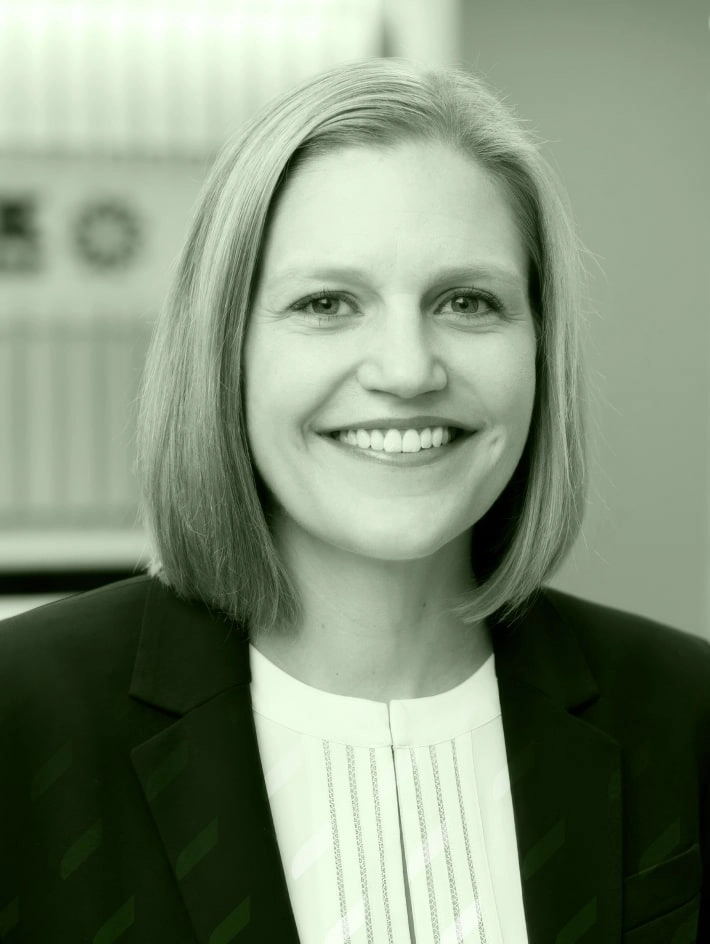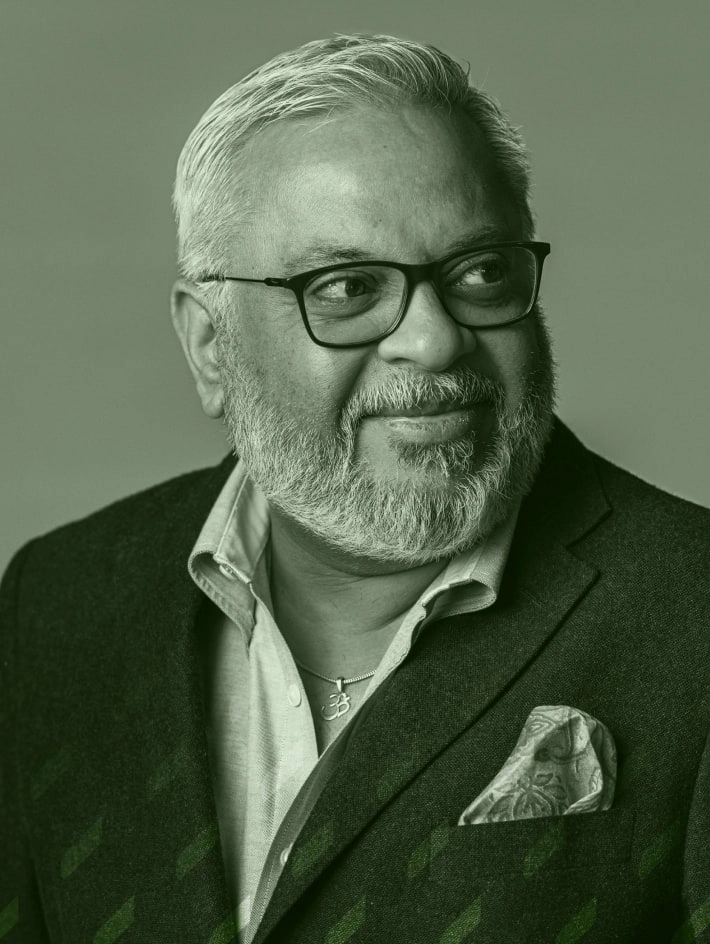1. Could you share a little bit of your background?
I was born in Kiev, Ukraine and moved to the United States when I was a little girl. My family came to America for the opportunity to live a better life. This may sound a bit cliché for those who never experienced bias, prejudice, and discrimination firsthand, but these evils permeated our existence. My parents yearned to live in a country that provides individuals with the freedom to pursue their dreams and turn them into reality through hard work and perseverance without regard to things like gender or religion. My parents’ dream paved my way to pursue my dream of becoming a lawyer. The idea, or perhaps better stated as an ideal, of right over wrong and fighting to protect the rule of law as it stands, not as wrongdoers would contort it to serve some malevolent end, has long appealed to me. As luck would have it, I had a chance to take a mock trial class in school when I was about 12 or 13. I loved everything about it. I loved learning about the law and how to apply it; I loved working with my “client” and making her case my cause; I loved immersing myself into the preparation of every detail of the case for trial; and I loved the feeling of adrenaline coursing through my veins when proving our case before our mock jury. That class planted the seeds that blossomed into a legal career that has now spanned the course of well over a quarter century. Although business litigation is at the core of the competencies of my firm’s practice areas, I handle a wide variety of cases (or I should say causes), and I still try to apply the foundational ideals rooted in my family’s journey to America to every matter I take on.
2. In your opinion, what are some of the key challenges women lawyers face in the legal profession?
I believe that the underrepresentation of women in positions of power constitutes one of the key challenges plaguing the legal profession to this day. Walking into meetings or courtrooms and the like where I am the only woman in the room can be both empowering and inhibiting. In those situations, my voice must be the loudest to be heard. In the beginning of my career, that prospect was more than a little daunting. At the time, my superiors – male superiors – would tell me that I have a lot of “chutzpah.” One could translate that Yiddish word to mean guts, but also to mean extreme self-confidence, nerve, or audacity. I have no doubt that the negative connotation permeated their characterization because I was a woman who dared to do that which was not only acceptable but quite natural for my male counterparts to do -- speak up. For the most part my voice has, indeed, been heard, but there have been occasions when gender intervened to deaden the effect. Imagine, for example, an important business meeting taking place around an oversized boardroom table stopped in its tracks by a man who thought it appropriate to pay me (the only woman present) a compliment based on my looks, not brains. Yes, that actually occurred (and happens to be one of the most benign examples of gender discrimination I experienced in my career). The good news is that several of the other men around that table looked as uncomfortable as I must have looked at the time. They undoubtedly understood what the offender had not – which is that this kind of behavior is not flattering; it is demeaning and demoralizing. Perhaps if there were more women seated around that table, the situation would have been different. Therein lies the problem. Statistics show that women have broken barriers and made great strides toward gender equality over the course of the last 125 years or so. In the U.S., for example, collected data reflects that at the beginning of the 20th century women made up only 5 percent of law students and an even smaller percentage of law professors and law school deans. By the end of the century, however, women constituted 48 percent of all law students, and our representation among law faculty and administrators rose to 33 percent and 13 percent, respectively. Today, women constitute the majority in many law school classrooms across America and we are approaching equality among the faculty and administrators as well. While that is great news for women, rising through the ranks of the legal profession to assume prominent and powerful positions as partners in law firms, executives in businesses, and public officials like judges and legislators has seen much smaller progress in closing the gender gap. Thus, there is still much work to be done to attain gender equality throughout the legal profession, private industry, and all levels and branches of government in the U.S.
3. How do you balance the demands of your legal career with other aspects of your life, and what advice do you have for aspiring women lawyers in achieving this balance?
I am very lucky because I grew up with a mother who attained great professional heights while still being the best mother in the world. With her as my role model, I always believed it is possible to have it all, so to speak. There is nothing more important to me than my family, but my law practice has consistently topped my priority list as well. Professional success gives me a deep sense of accomplishment and pride, and with those comes contentment and, on occasion, downright joy. The high demands of the legal profession, however, can oftentimes be a great source of stress as well, and not only in and of themselves but when conflicting with family and other priorities in life. I am not certain that balance can ever truly be attained but what has helped me in my efforts to achieve it, and what I would strongly recommend to my fellow women lawyers, is to try to surround yourselves with individuals who support and even bolster your ambitions while sharing in the daily grist of life, encouraging you to take on challenges and succeed in them, rather than standing in the way of your successes. As women, we sometimes feel we have to do it all, but we do not always have to do it all alone. Good management and organizational skills also often come in handy. If one’s family and law practice are both priorities, it helps if one does not have to be at day care and in court on the same day at the same time. With my day care days behind me, I am finding that taking a stronger interest in physical health and fitness also helps me achieve stability, and I encourage other women lawyers to balance mental acuity with physical prowess.
4. Can you share an example of a professional achievement or success that you are particularly proud of, and how did your gender play a role, if at all, in the accomplishment?
I was the only woman with children to make equity partner in the seventh year of my career with the firm I joined out of law school. Thereafter, I started a law firm of which I remain one of the two name partners and, together, we created a practice that has thrived for two decades. I am very proud of those facts and of the fact that, along the way, we have also helped guide the careers of several young female associates. Ironically, I have found that some women lawyers who have attained a measure of professional success can be even tougher than men on their younger female counterparts. Perhaps this is due to the hardships that women are called upon to endure to make it in the legal profession. Of course, that is not the case with all women. While still in law school, for example, I was a judicial extern to a female bankruptcy court judge who was an incredible role model. She took me under her wing, gave me sound advice and led by example. Her position of power also helped to elevate me, and I was quite grateful for her invaluable lessons that were directly relatable to my own career for years to come. I think back fondly on those days and make every effort to similarly empower other young women I encounter in the legal profession.
5. Networking and building relationships are essential in the legal profession. Can you share insights into how Legalink has provided you with opportunities to connect with legal professionals globally?
There can be no doubt that networking and building relationships are fundamental to the legal profession. Perhaps this provides at least a partial explanation for why it has been difficult for women to achieve equality. Indeed, for many, many years, legal networks have consisted primarily (if not exclusively) of men -- men in the role of law firm partners; men in the judiciary; men in decision-making positions within organizations that hire lawyers, etc. Whether by design or by happenstance, these interlocking chains became barriers, foreclosing opportunities to women to break through, and making it difficult for women to build the same kinds of connections and on the same levels. From the start of my firm’s membership in Legalink, I found our network to be different. At its core, Legalink is more than an interconnected web of lawyers. Rather, it is a network of friends who build upon personal alliances by sharing wisdom and professional resources, assisting one another’s clients, and getting together around the globe on a consistent basis, year after year, to fortify bonds by rekindling old friendships and creating new links in our own unbreakable (although not impenetrable) chain that now goes back over 30 years. My firm joined Legalink shortly after becoming established and we have cherished our time in the network ever since. We have had opportunities to collaborate with our international colleagues on high- profile cases and cross-border transactions. Legalink has often served as a force multiplier for us, enabling us to call upon our friends to provide their expertise in areas of the law or in jurisdictions where we do not regularly practice. We have also referred matters out on behalf of our existing clients who have needs around the globe, but still request us to remain as their main point of contact to manage and/or coordinate the work. We would not be able to do what we do as effectively and efficiently if we were blindly picking out names on a referral list and sending work to someone with whom we have no existing relationship. Teaming up with our Legalink colleagues on major infrastructure projects or international litigation provides our firm and its clients with virtually limitless reach and has been incredibly gratifying.
6. How do you see Legalink’s role in supporting women lawyers in the network?
If there are fewer women than men in Legalink, it is only because there are fewer women in Legalink’s member firms which, in turn, is a reflection of the legal profession at large the world over. Yet, I have always found Legalink to be an organization that is inclusive and supportive of women. The creation of the Women in Law group is but the most recent example of the way in which our network continues to support women lawyers. By focusing specifically on the women within our network, the Women in Law group provides an excellent opportunity for women to get to know other women in similar practice areas, and this can turn into an additional source of information, resources and referrals. Helping women generate revenue is sure to also help to bolster their positions within their respective firms. This group could also provide opportunities for women to build friendships and share triumphs and tribulations with similarly situated individuals facing similar challenges, allowing for commiseration and the exchange of ideas and advice among people who have gone (or are going) through similar experiences. In this way, Legalink helps to bridge the gender gap and fortifies the bonds that strengthen the foundational principles of inclusivity upon which Legalink is built.



